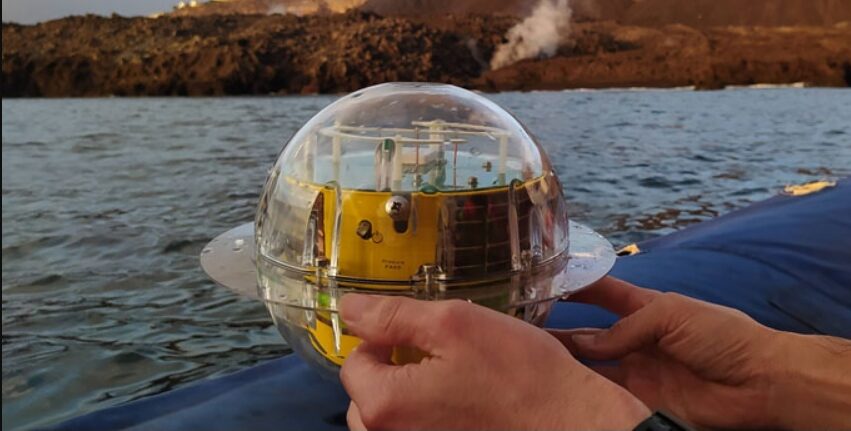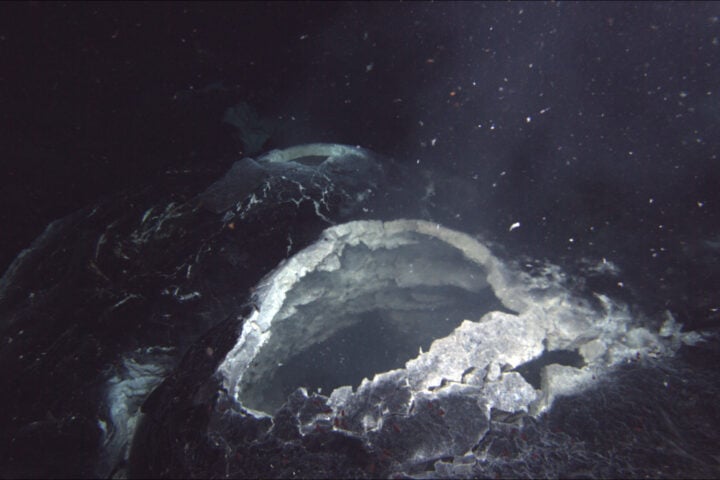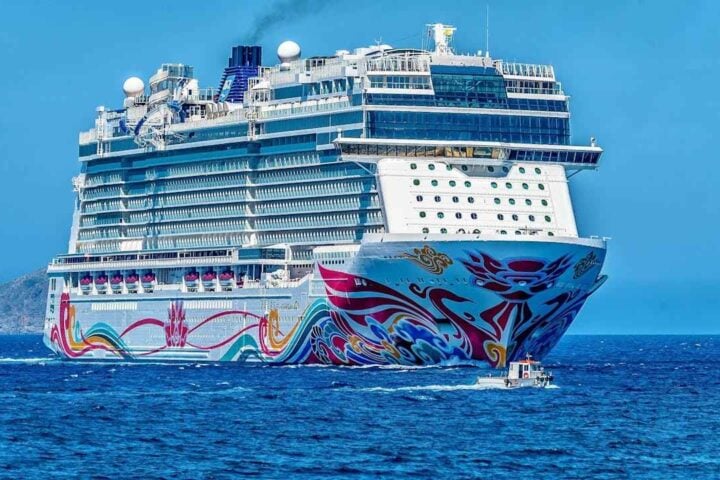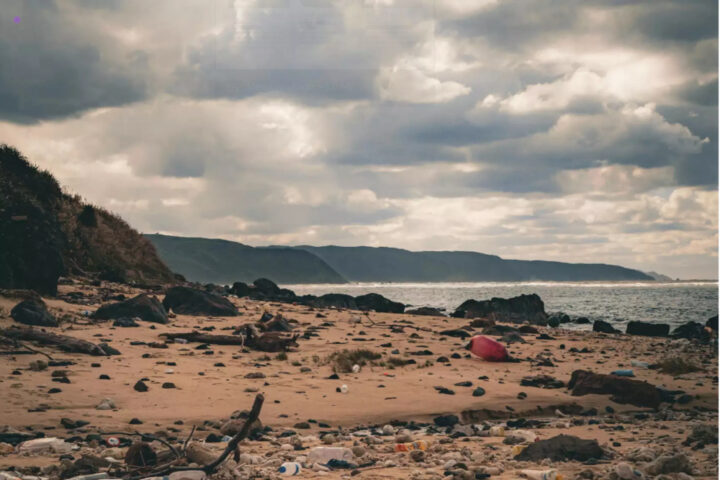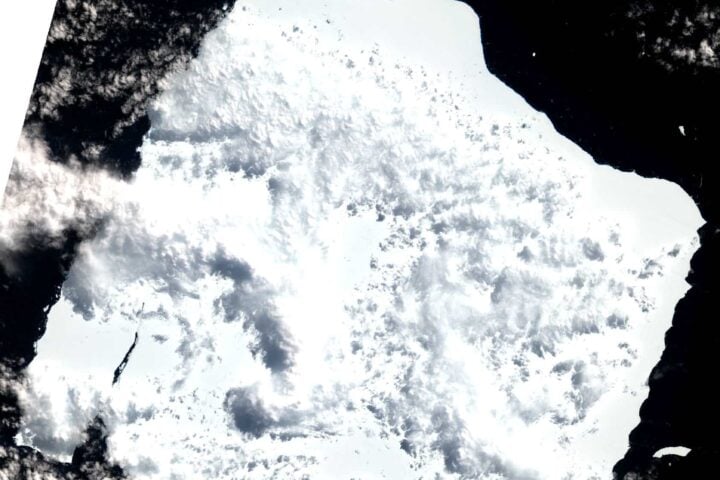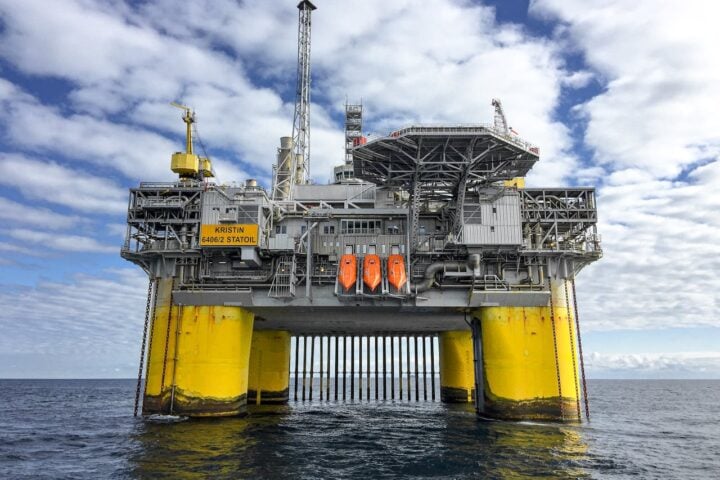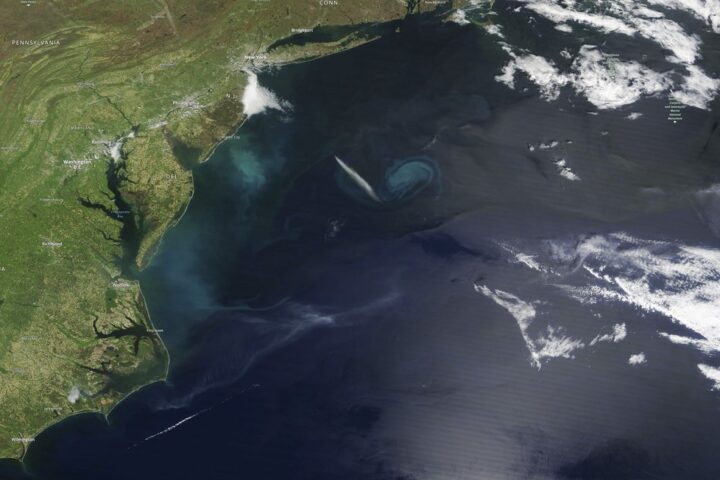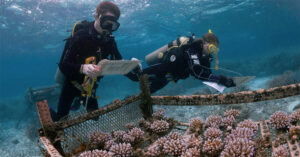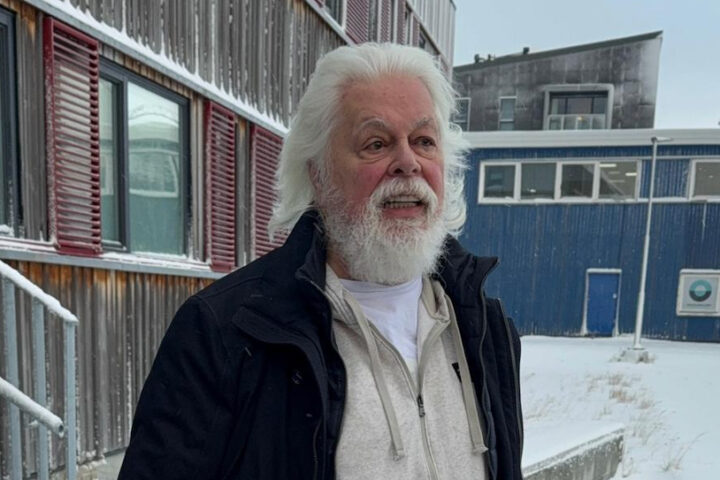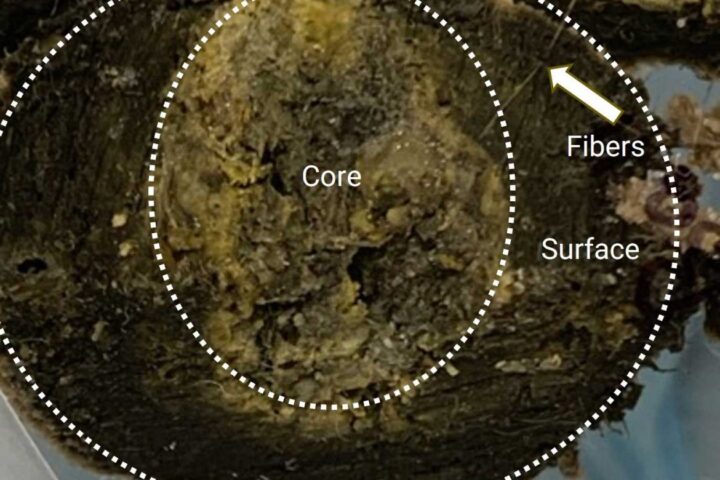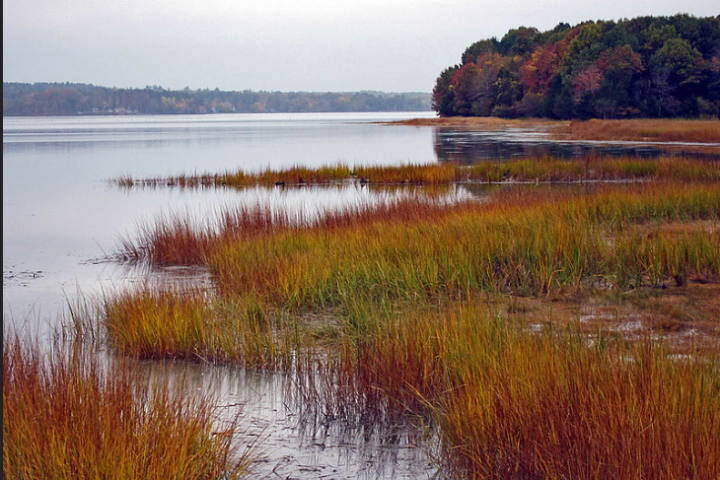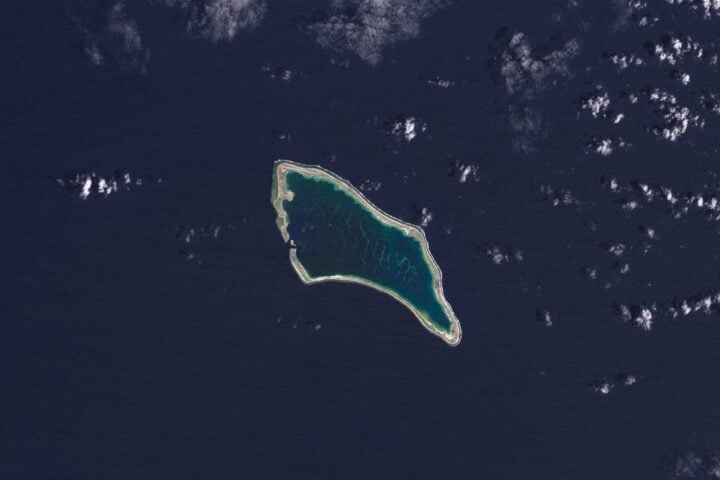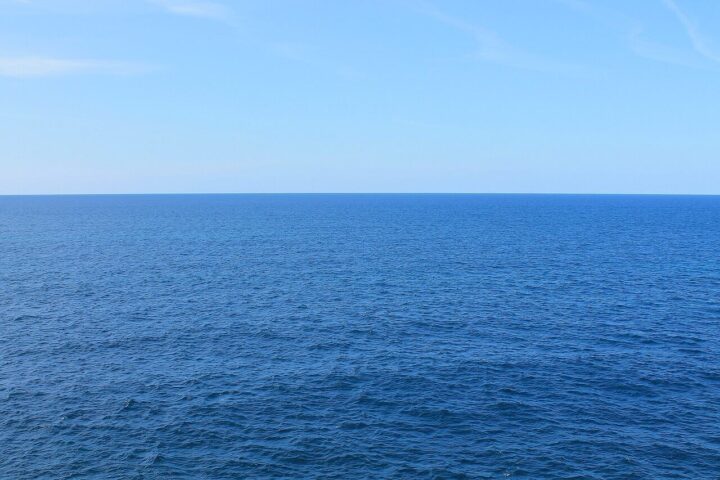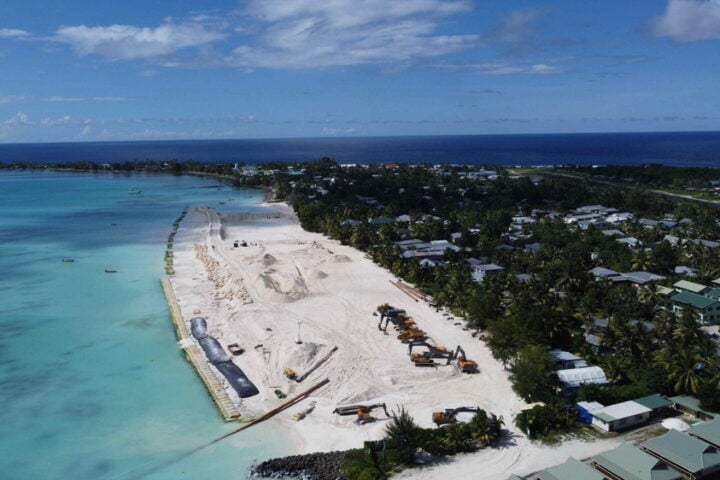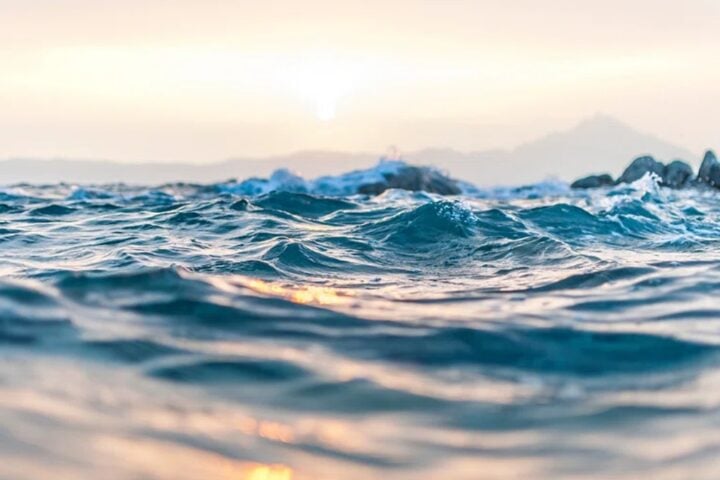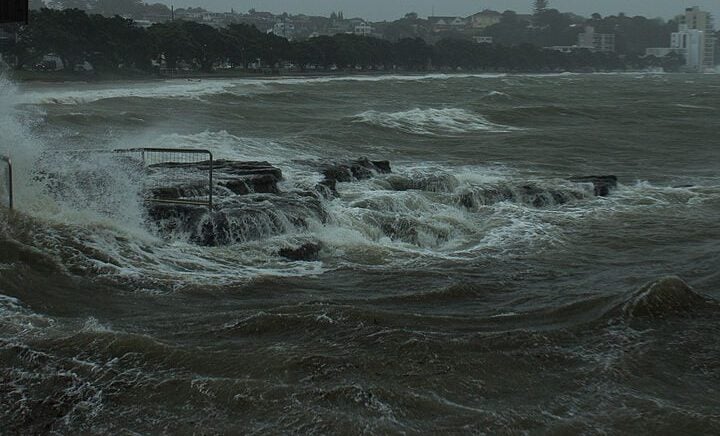The oceans are filled with plastic. The Basque Country, an autonomous community of Spain, has started a promising project to curb marine pollution and clean the seas. Technology is often spoken of as a source of pollution, but there are initiatives that demonstrate its usefulness in protecting the environment.
The Ulysses Data for Science project launched by the Basque Country is a clear example of this. To eliminate waste from the seas, 1,000 state-of-the-art buoys equipped with sensors, GPS trackers, and video cameras are installed, which will track the movement of waste, further aiding its removal. These buoys are part of a larger plan to address the growing problem of marine litter, particularly plastic pollution, in the oceans.
Mapping Marine Pollution Using Drift Maps
One of the most innovative aspects of the project is the creation of drift maps, which will use the data collected by the buoys to show the movement of floating waste in the sea. This data, coupled with real-time satellite tracking, will enable precise mapping of the routes taken by plastic and other pollutants, making it easier to identify critical accumulation points for cleanup efforts.
AZTI, a renowned marine research institute in the Basque Country, is a key player in this project, working alongside the aerospace company Elecnor Deimos. Together, they bring expertise in ocean dynamics and advanced tracking systems to the project. Satellite technology plays a significant role in visualising the litter drift, which is critical for targeting effective cleanup.
Collaborative efforts for ocean health
The Ulysses Project began in 2020 as a collaboration between the Data For Science Foundation, the Basque Government, and AZTI, with the goal of tackling plastic waste in the Bay of Biscay. The project aims not only to clean up marine litter but also to contribute to scientific knowledge that will drive long-term strategies for ocean protection. This public-private partnership, including institutions, businesses, and citizens, encourages the active participation of society in ocean conservation efforts.
The project will first deploy 1,000 devices in the Basque Gulf and in sections of the Nervion, Deba, and Zadorra rivers. These rivers are significant contributors to ocean pollution, and understanding how waste moves through these systems is crucial for designing better waste management strategies.
Beyond simply collecting plastic waste, the Ulysses project aims to promote a circular economy based on the principles of reduce, reuse, recycle, and recover. This long-term vision highlights the need for sustainable management practices that extend beyond immediate cleanup efforts. The project also seeks to educate the public through its Ulysses School and Experience initiatives, which focus on ocean literacy and the importance of environmental conservation.
Similar Posts
Technological Innovations Supporting the Mission and Its Global Vision
In addition to the GPS-enabled buoys, the project utilises three different types of vessels to monitor and collect waste: the Ranger, equipped with advanced sensors; the Traveller, which is a small, modular device that tracks ocean currents; and wooden boats that operate autonomously to gather data. These vessels will be supported by videometry systems for real-time tracking, allowing for near-instantaneous monitoring of floating debris. This data collection is further enhanced by drift modelling capabilities developed by Elecnor Deimos, which help predict where waste will accumulate.
While the project focuses on the Bay of Biscay, the vision extends beyond local waters. The Ulysses team aims to expand this model to other regions, contributing to a global effort in tackling ocean pollution. As plastic pollution grows globally, with 8 million metric tonnes of plastic dumped into the ocean every year, the stakes are high. The project also emphasises the growing phenomenon of plastic islands, such as the 75 to 199 million tonnes of plastic floating in the Oceans, and aims to prevent such occurrences in the Basque coastline.
Community-driven, science-backed protection of marine ecosystems
The Ulysses project will run for three years, with the goal of not only cleaning up waste but also laying the groundwork for scientific policies and technological tools that will make future efforts more efficient. The data gathered will inform intelligent waste management systems and contribute to the Basque Government’s broader sustainability initiatives. Furthermore, community engagement is at the heart of this effort, with various educational campaigns aimed at promoting ocean literacy and sustainable living practices.
By involving the public and private sectors and encouraging local communities to participate, Ulysses is not just a project—it’s a movement toward a sustainable ocean future. The collaborative spirit between businesses, academic institutions, and local governments is essential for ensuring the longevity of these efforts.
Most of the waste that the project will collect consists of plastics, which are notoriously difficult to remove and manage. In response to this, Ulysses plans to identify hotspots where plastic waste accumulates and deploy targeted removal strategies, minimising harm to marine ecosystems. Additionally, this will help preserve the biodiversity of the Bay of Biscay, an area rich in marine life and vulnerable to the effects of pollution.
So, in conclusion, the Ulysses Data for Science Project represents a technologically advanced, community-driven, and globally relevant effort to tackle one of the most pressing environmental issues of our time: marine pollution. By combining satellite tracking, drift mapping, community engagement, and a focus on the circular economy, this initiative is laying the groundwork for a cleaner, healthier ocean for future generations.
